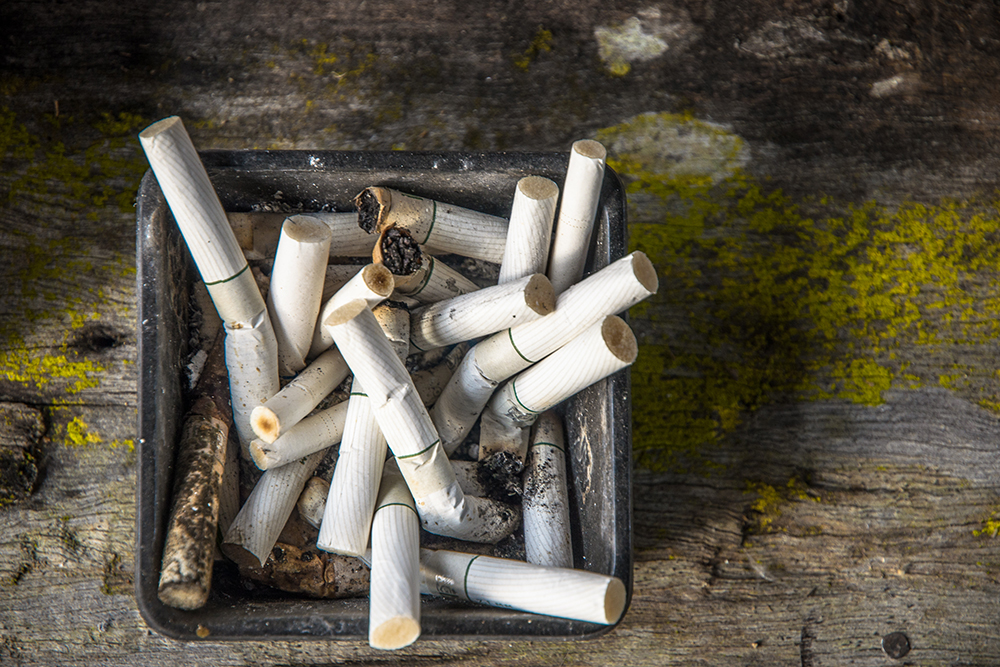
Is Second-Hand Smoke Leaving a Bad Taste in Your Mouth?
Snuffing out Smoking in Your Condominium Association
Long gone are the days when you would be greeted at a restaurant with the question; “Smoking or non-smoking?” Frequent flyers can no longer light up on flight. In fact, many states have banned smoking in public places. In the Sunshine State, the Florida Clean Indoor Air Act, Chapter 386 of the Florida Statutes, prohibits smoking in all enclosed indoor workplaces. The Act is generally accepted to apply to both condominium and homeowners associations’ indoor common elements. But what about smoking at the pool, the pickleball courts, or the outdoor tiki bar? Assuming that your association’s governing documents grant the board of directors rulemaking authority over these common areas, and most do, the board of directors can adopt reasonable rules to ban or regulate smoking in those areas.
What about your neighbors who enjoys long evenings on their lanais smoking cigarettes and preventing you from enjoying your outdoor oasis? Can your association prohibit smoking on limited common element lanais? If your association’s governing documents grant the board authority to make rules regarding unit use, the board of directors can adopt reasonable rules to ban smoking because the second-hand smoke interferes with your use (and enjoyment) of your property.
In Merrill v. Bosser, No. 05-4239 COCE 53 (Fla. 17th Cir. Ct. June 29, 2005), a Florida trial court in Broward County analyzed whether secondhand smoke amounted to a nuisance in the condominium context. The plaintiff argued that excessive secondhand smoke from a neighboring unit was detrimental to her family’s health. The Court held that the secondhand smoke gave rise to a disturbance of possession, or trespass, because it exceeded common secondhand smoke as customarily a part of everyday life. The Court also found the secondhand smoke to be actionable as a nuisance because it interfered with the plaintiff’s use of the property that was beyond mere inconvenience or customary conduct. The plaintiff and her family had recurring illnesses as a result of the smoke and had to vacate the premises on several occasions. Although the plaintiff’s illnesses played a role in the Court’s holding, this case may prove persuasive to other courts that secondhand smoke gives rise to a legal action for trespass, nuisance, and breach of covenant.
Although no Florida appellate court has as yet directly tackled this issue, a rule banning smoking on limited common element lanais should be deemed reasonable. The well-established ill health effects of secondhand smoke combined with the Bosser court’s finding that secondhand smoke is actionable as a nuisance may just be persuasive enough for a Court to uphold a Board-adopted smoking ban (and to give you the breath of fresh air that you have been longing for).






Recent Comments